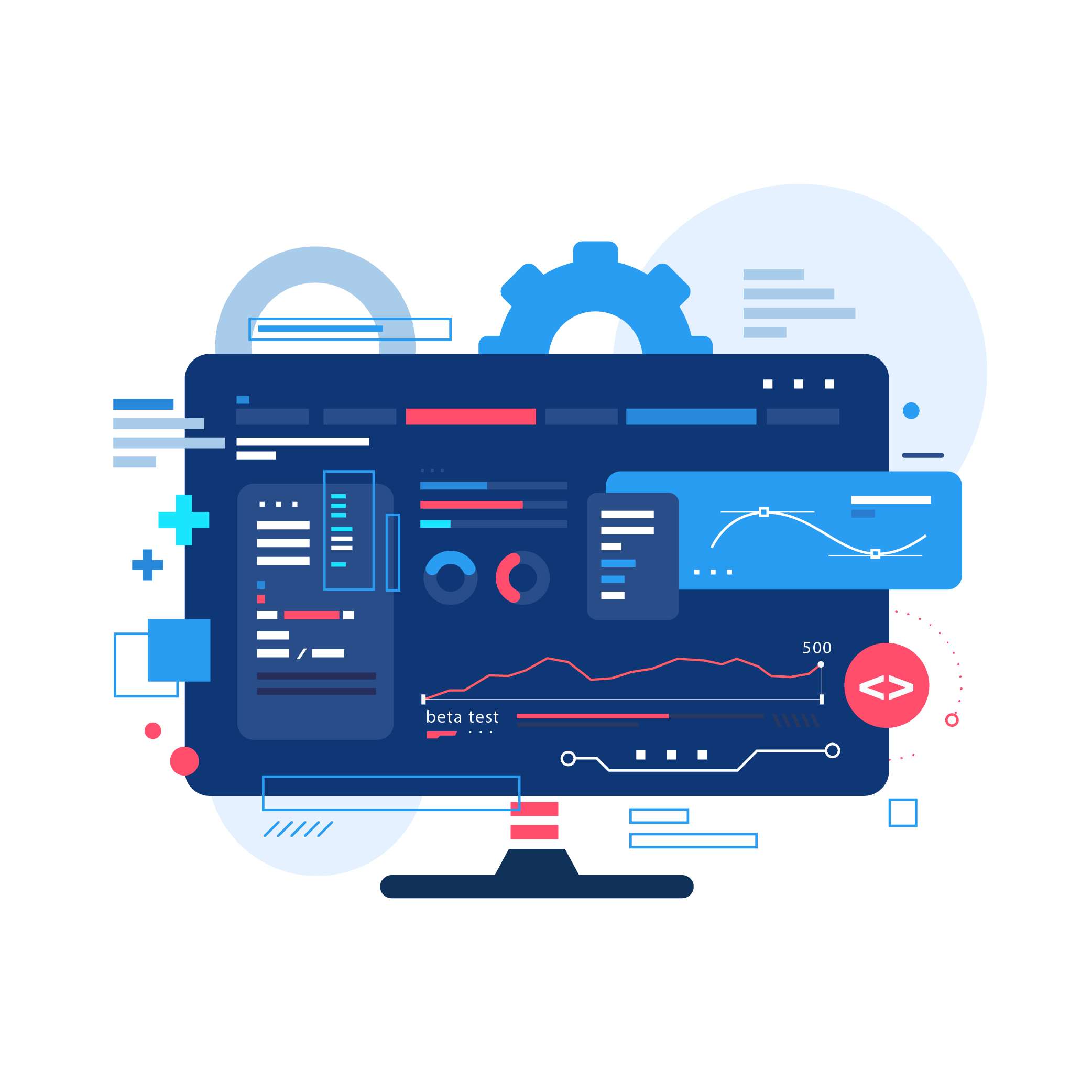ERP
-
Solution
ERP systems are made up of various modules, each of which addresses a specific business requirement. For example, Accounting, inventory and order management, and customer relationship management are common modules in product-based businesses (CRM). Each module pulls data from and pushes data into the central database, this allows for integration of real-time data into business processes and workflows which is a critical component of an ERP system. This common data repository provides visibility across all departments, allowing leaders to evaluate and compare the business performance of various areas and comprehend the full impact of decisions.
-
Places
ERP has proven to be beneficial to businesses in every industry and with a wide range of business models. Flexible solutions with a wide range of functionality can meet the needs of a wide range of organisations and requirements.
-
Need
ERP systems have become a must-have for businesses looking to make the best use of their resources. They can assist leaders in reallocating human and financial capital, as well as in developing more efficient core business processes that save money without sacrificing quality or performance. An ERP system is useful for planning and coordination and it also improves communication and collaboration by allowing employees to check on the status of other departments in order to guide their own decisions. An ERP system, as a comprehensive source of data, also provides a plethora of reports and analytics that can make or break a business. The key advantage of using ERP is its to convert a massive amount of data into charts and graphs that clearly illustrate trends and help model possible outcomes.
-
Impact
ERP enables businesses to identify areas of their operations that can be improved or expanded. Employees can use ERP to proactively mitigate the issue to the greatest extent possible, and the information received from ERP can be used to increase efficiency, reduce costs, and respond to changing consumer needs or market conditions.

